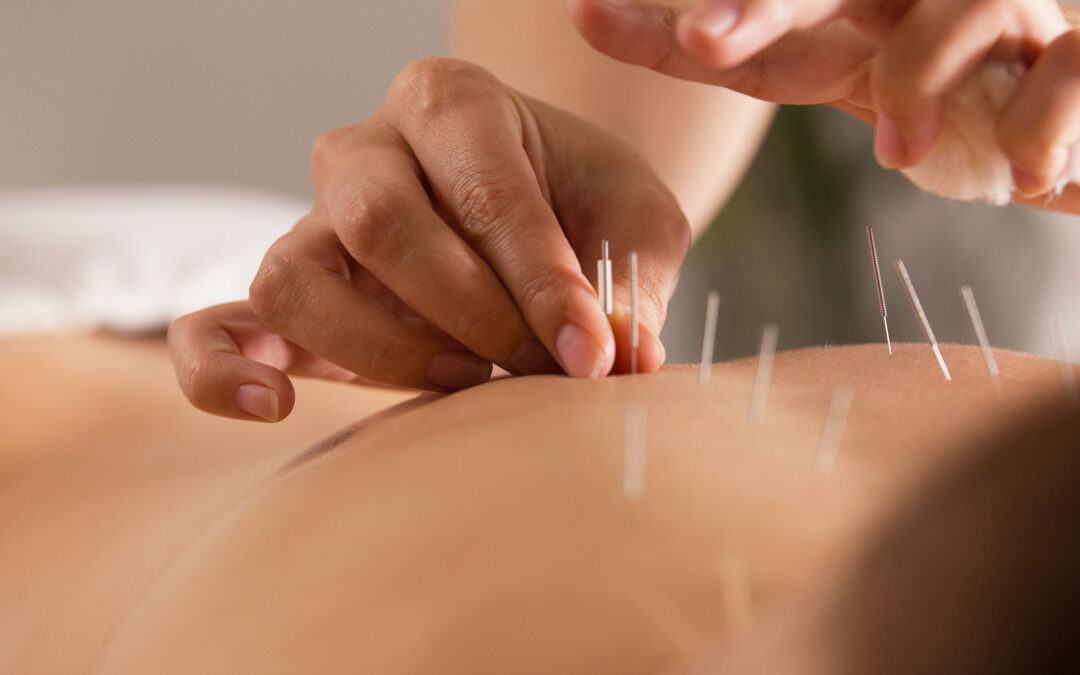WHAT IS ACUPUNCTURE?
Acupuncture is a traditional Chinese medicine (TCM) that has been used for thousands of years, and involves the “insertion of very fine needles at key points on the body”. As traditional Chinese medicine believes that physical ailments are caused by imbalanced, blocked or stagnant qi (or vital energy), acupuncture hopes to restore balance and promote a natural flow of qi in the body.\
Our Purpose
Our purpose is to be a global facilitator of health and wellness through access, education and advancement of Traditional Complementary and Integrative Healthcare (TCIH). The World Health Organization (WHO) advises that lifestyle-related diseases (or non-communicable diseases) are responsible for more than 70% of deaths worldwide each year.
Knowledge represents empowerment. By sharing this evidence-based, peer-reviewed research, we aim to support everyday people to take ownership of their wellness, by making informed decisions and choices in conjunction with their health professional.
How This Study Could Help Support Stroke Rehabilitation
According to the World Stroke Organization, it is estimated that one in four people aged older than 25 will have a stroke at some point in their lifetime. This review investigates the safety and effectiveness of acupuncture as part of stroke rehabilitation, and is titled:
ACUPUNCTURE FOR STROKE REHABILITATION.
You can read the full study here: https://bit.ly/369FwMS
Why Is This Study Important?
Stroke is caused by the sudden death of brain cells after a blood vessel in the brain ruptures or becomes blocked, starving cells of oxygen. The brain injury caused by non-fatal stroke can cause major problems ranging from difficulties with memory and other mental functions, to impairments of a person’s movement.
A stroke may result in disability and force the survivor to become dependent on others to help them with normal daily activities. In populations that do not have a high income, the responsibility of helping stroke survivors is often taken on by family members.
Despite existing evidence and ongoing research across a range of different treatment methods, no therapy has yet been found to provide universal benefits for stroke recovery. For this reason, inexpensive and easily accessible ways to make even a modest contribution to rehabilitating stroke survivors may be very valuable for low- income populations.
What Does This Mean For My Wellness?
Despite the technical flaws with much of the evidence reviewed, the general theme of this study was that acupuncture may be beneficial for improving physical and mental function, as well as reducing dependency of stroke survivors.
This may provide valuable information for people recovering from stroke, as well as their carers, who may be exploring complementary options for supporting rehabilitation.
Additionally, while the available evidence was “inadequate” for making recommendations about clinical practice, the authors described the results as “promising”.
On the basis of their findings, they developed a list of criteria that could be followed in future studies to “confirm or refute” the possible benefits of acupuncture for stroke rehabilitation.
How Does This Relate to Acupuncture?
Previous research has demonstrated that acupuncture can elicit “biological responses, including circulatory and biochemical effects”. Results reviewed in this article also suggested that real acupuncture may support some types of neurological healing more effectively than ‘placebo’ acupuncture.
If evidence could be found that acupuncture may significantly improve quality of life and decrease the number of people needing to be institutionalised for stroke-related disability, this would make it a valuable tool for supporting rehabilitation.
In 2016, researchers affiliated with Sichuan University in China published a systematic review of studies investigating the effectiveness of acupuncture for reducing physical and mental disability in stroke survivors at the subacute or chronic stage. They revised an original article on the subject, completed 10 years previously, adding 26 new studies to bring the total to 31 studies including 2257 participants.
Key Findings About Acupuncture as Part of Stroke Rehabilitation
- While the authors concluded that the generally low quality of the studies reviewed meant routine use of acupuncture in stroke rehabilitation could not be recommended, they did identify some aspects of stroke recovery that might be aided by acupuncture.
- While the results were variable, the reported benefits included improvements in mental function and reduction of dependency, as well as reduced symptoms of depression, and improvements in people’s ability to control and coordinate their movements.
- Due to fairly consistent reports of beneficial effects and no reported serious side effects (but also because of the different methodologies and large degree of variation among the results), the authors concluded that further research into the subject was justified.
- The researchers did not find evidence that acupuncture could significantly improve long- term survival rates after stroke. They also noted that most of the studies were conducted in China, so there was uncertainty about whether the results could be generalised to other ethnicities.
References
The Cochrane Library is a collection of databases that contain different types of high-quality, independent evidence to inform healthcare decision-making.
Quoted from journal description
Acupuncture | SoulAdvisor
Acupuncture for stroke rehabilitation | Cochrane Library
Learn about stroke | World Stroke Organization
About the Cochrane Library | Cochrane Library

